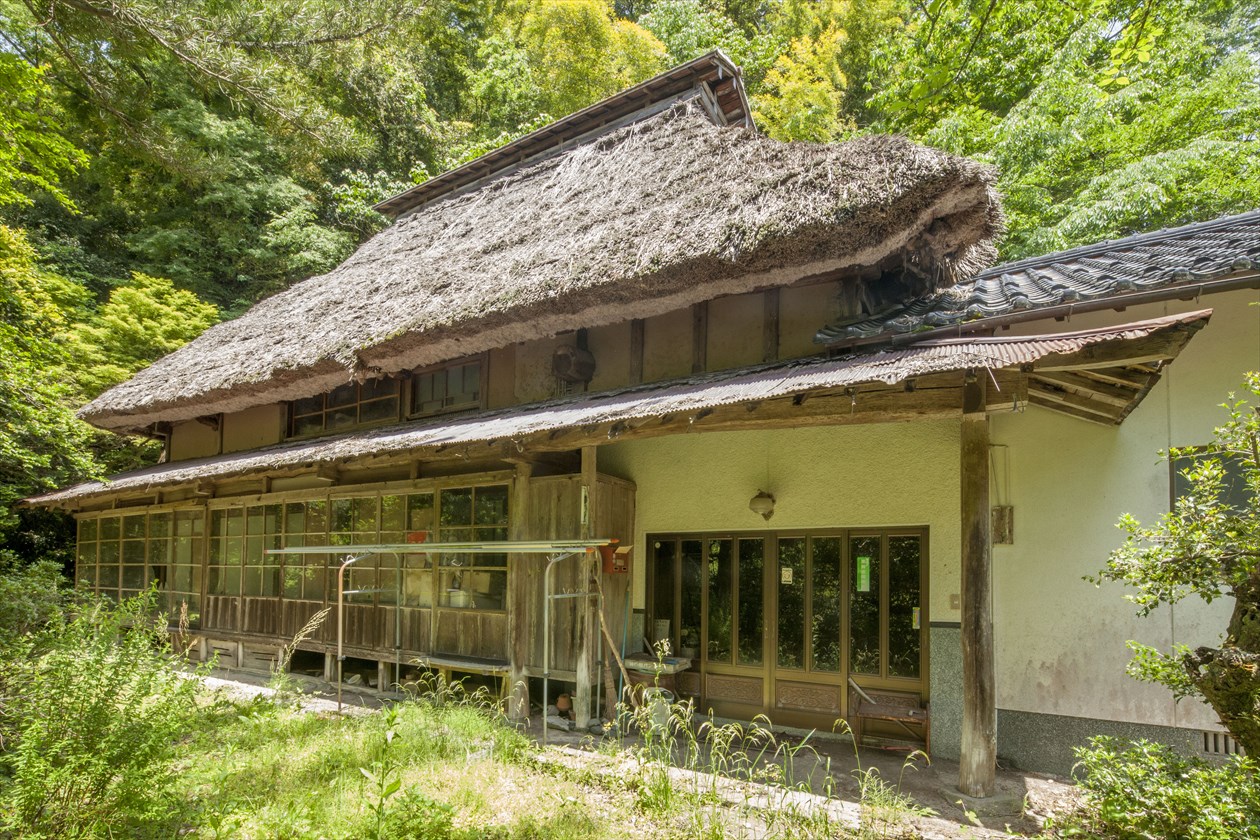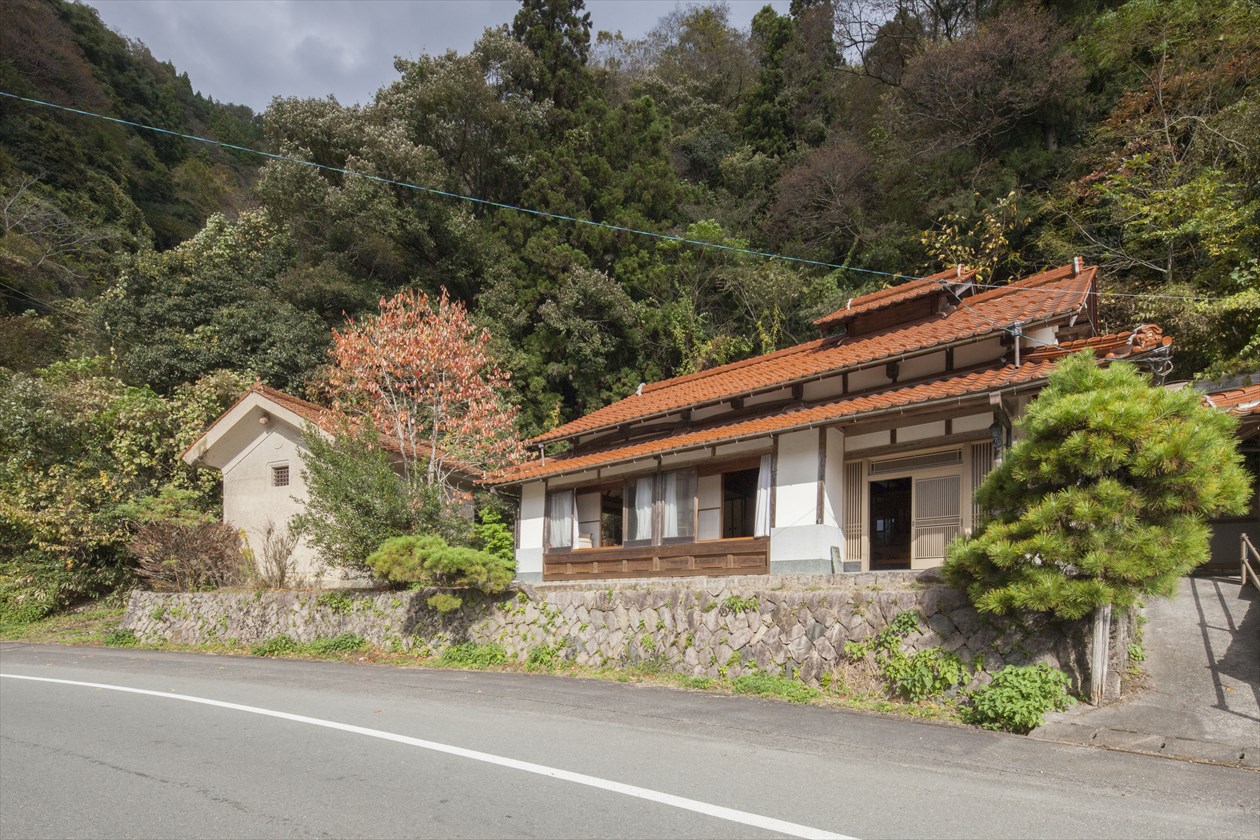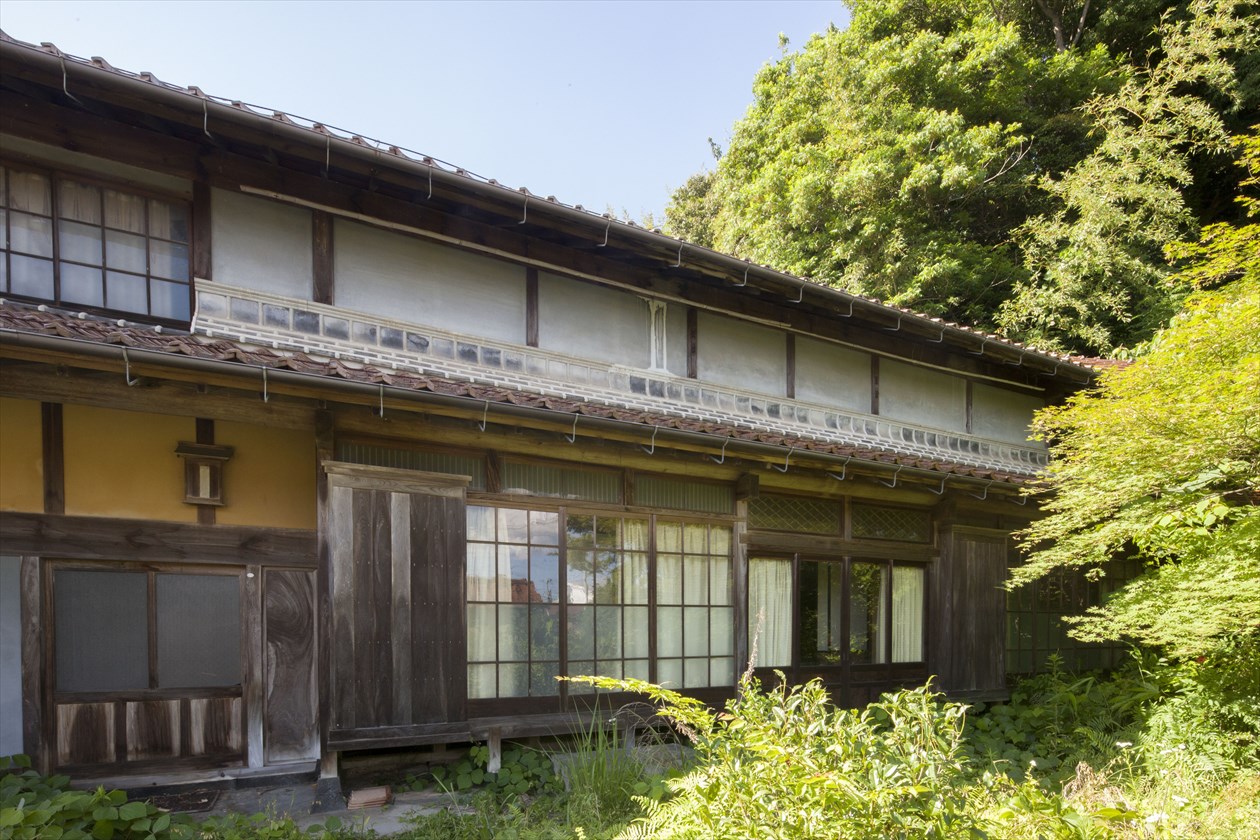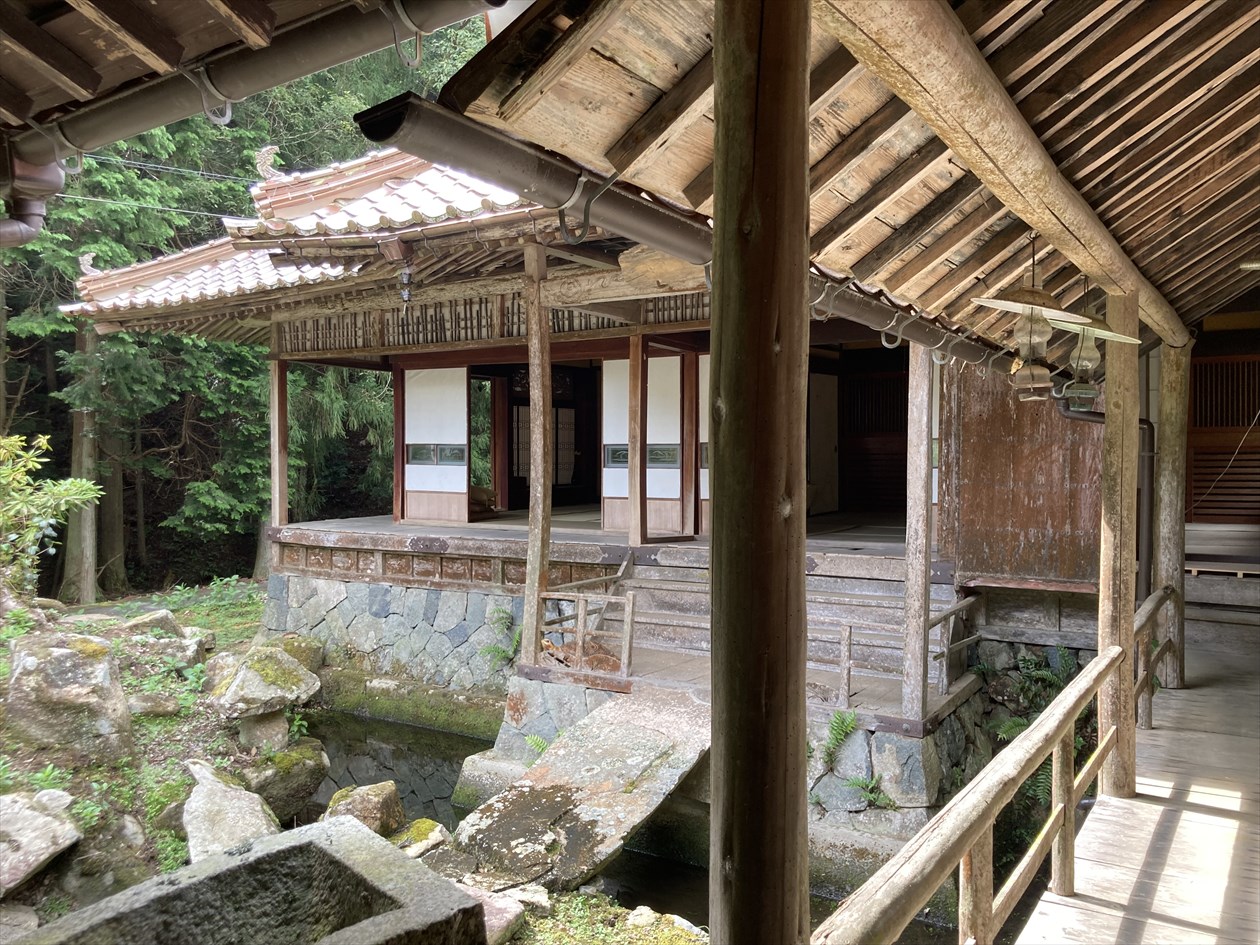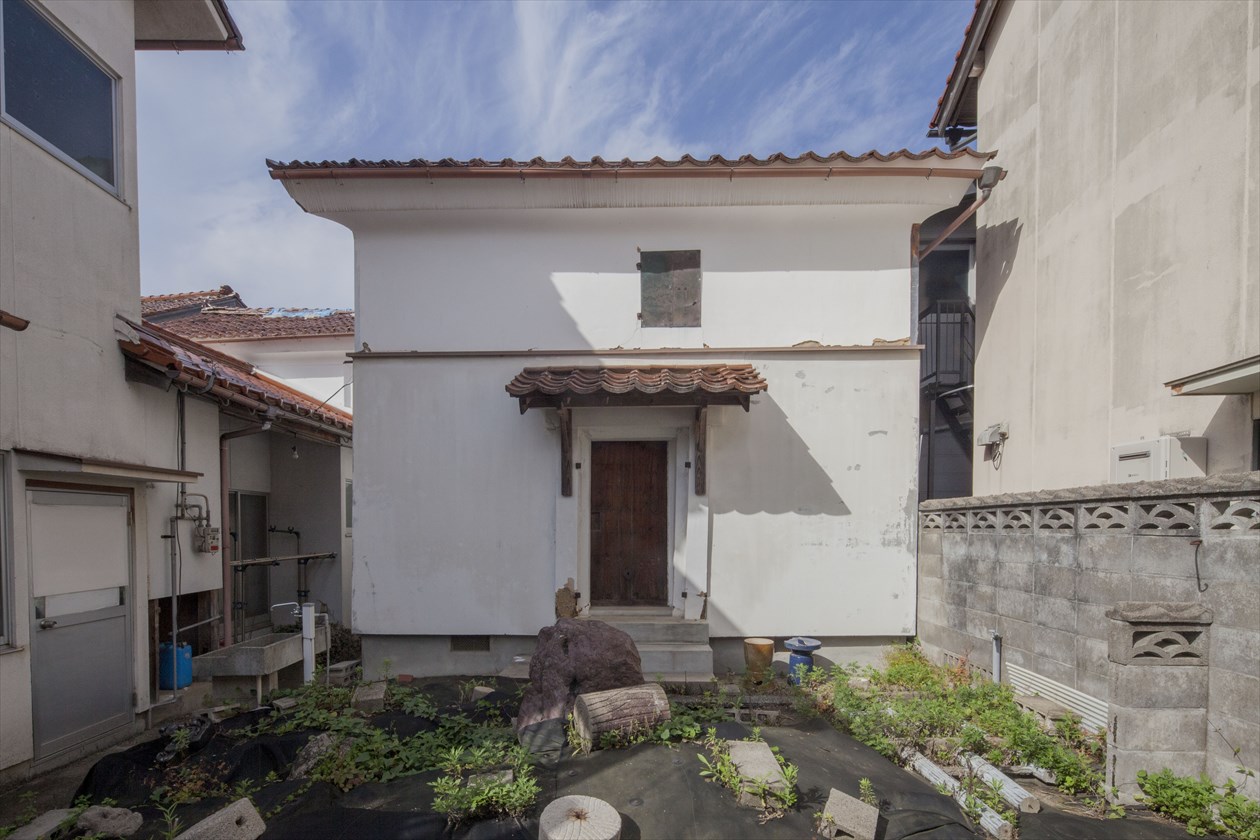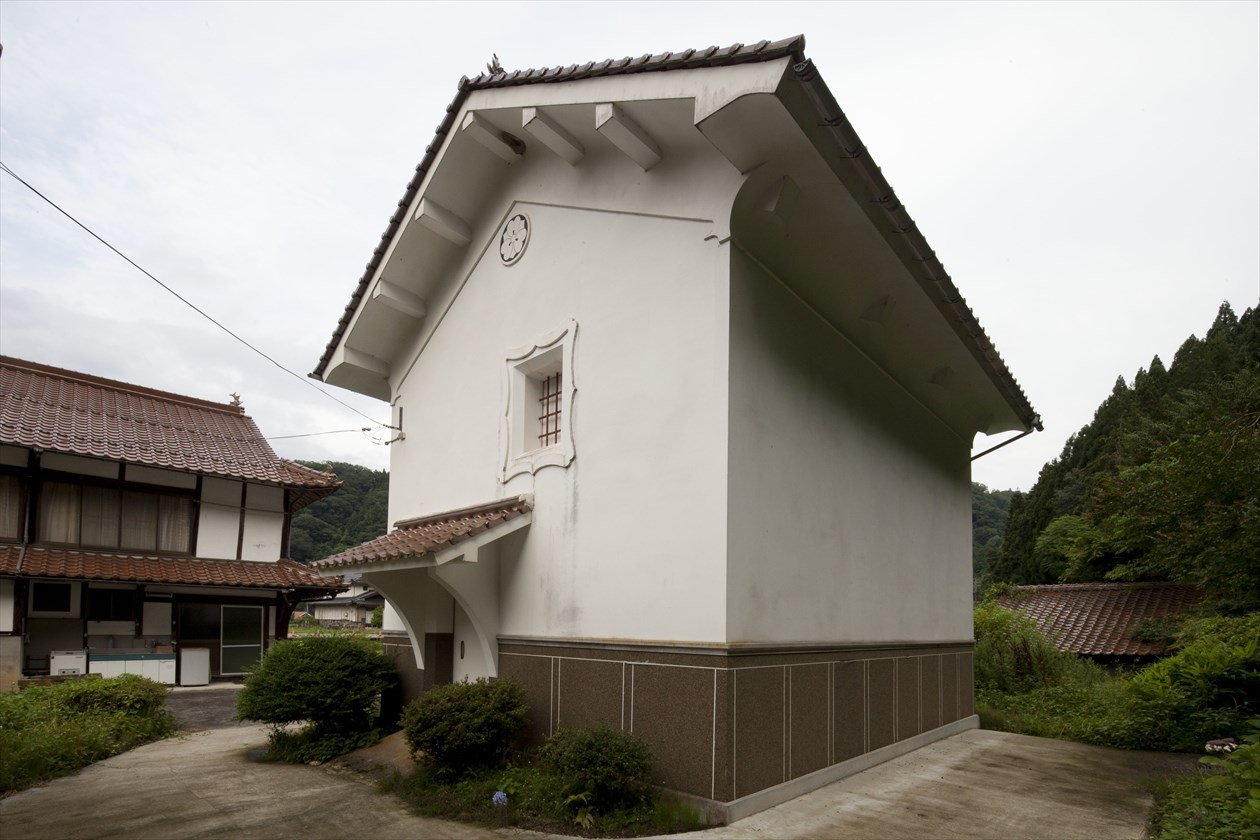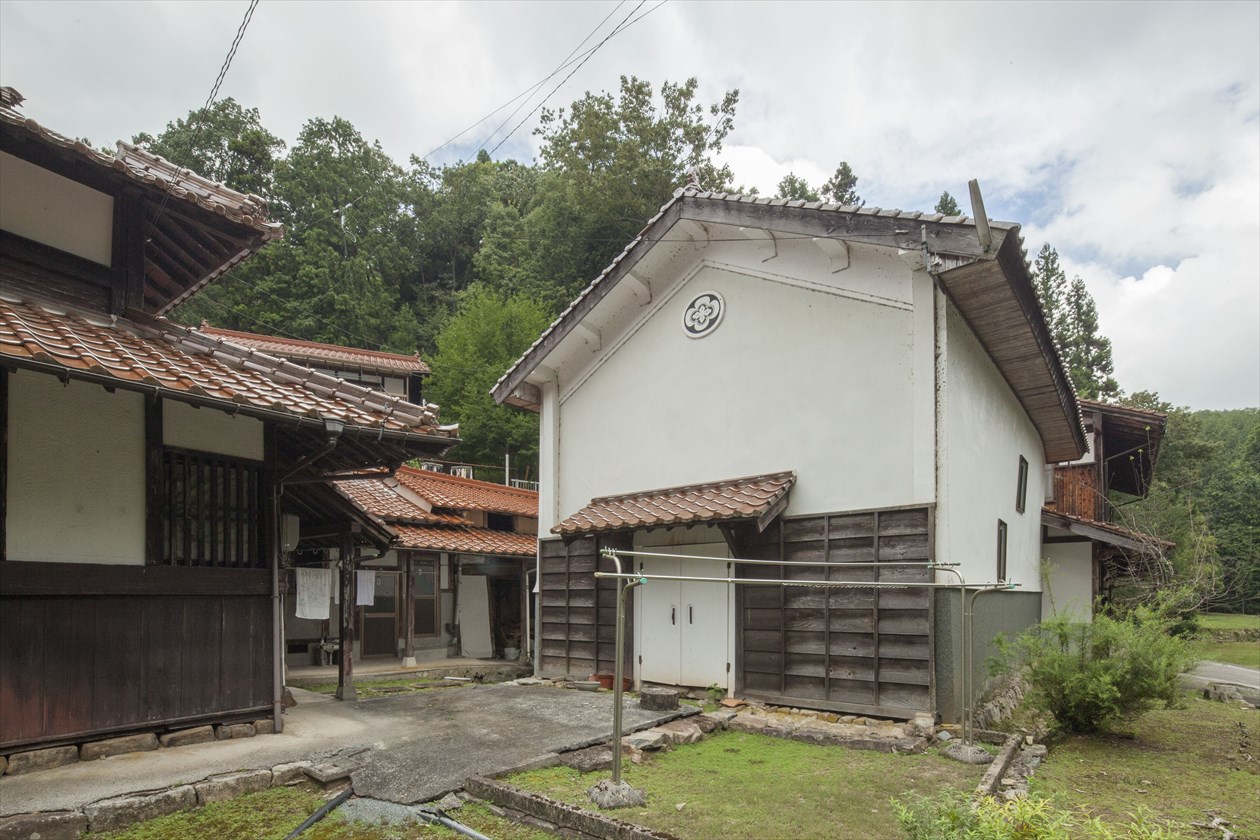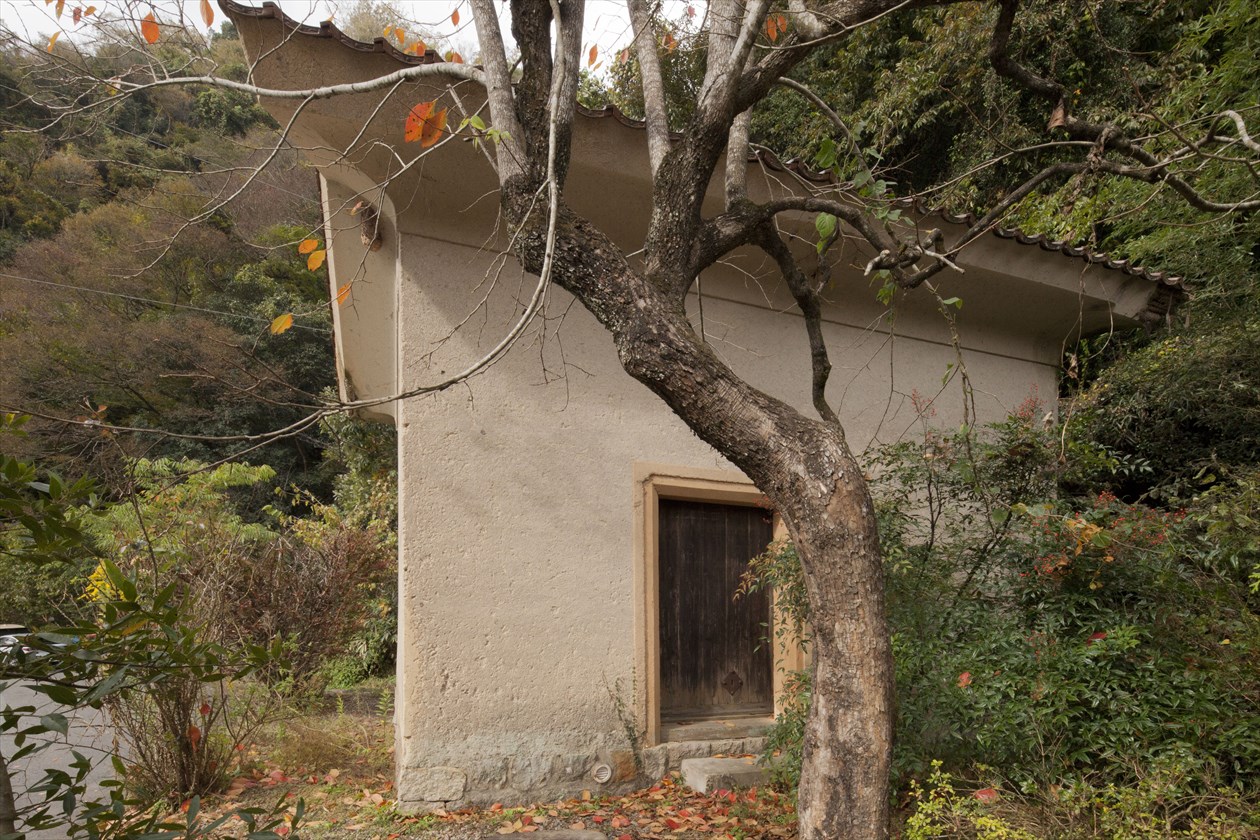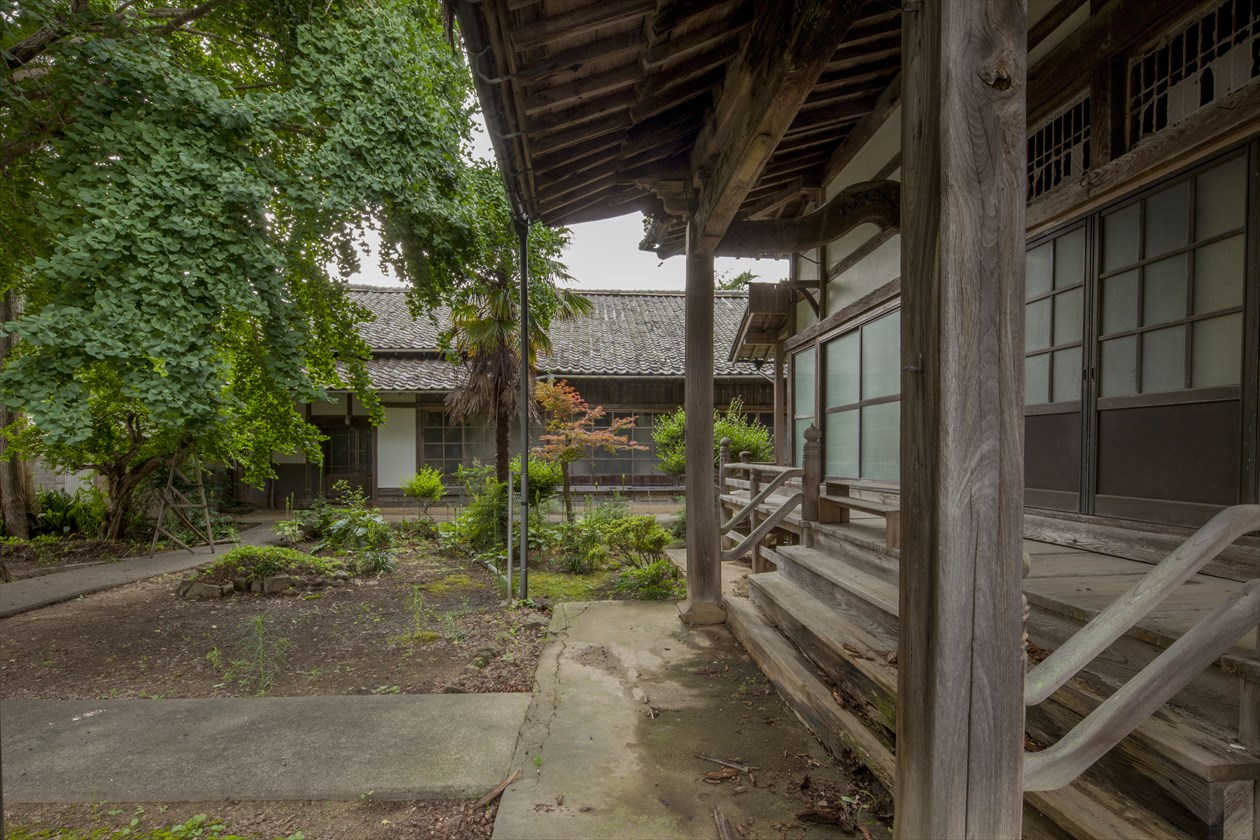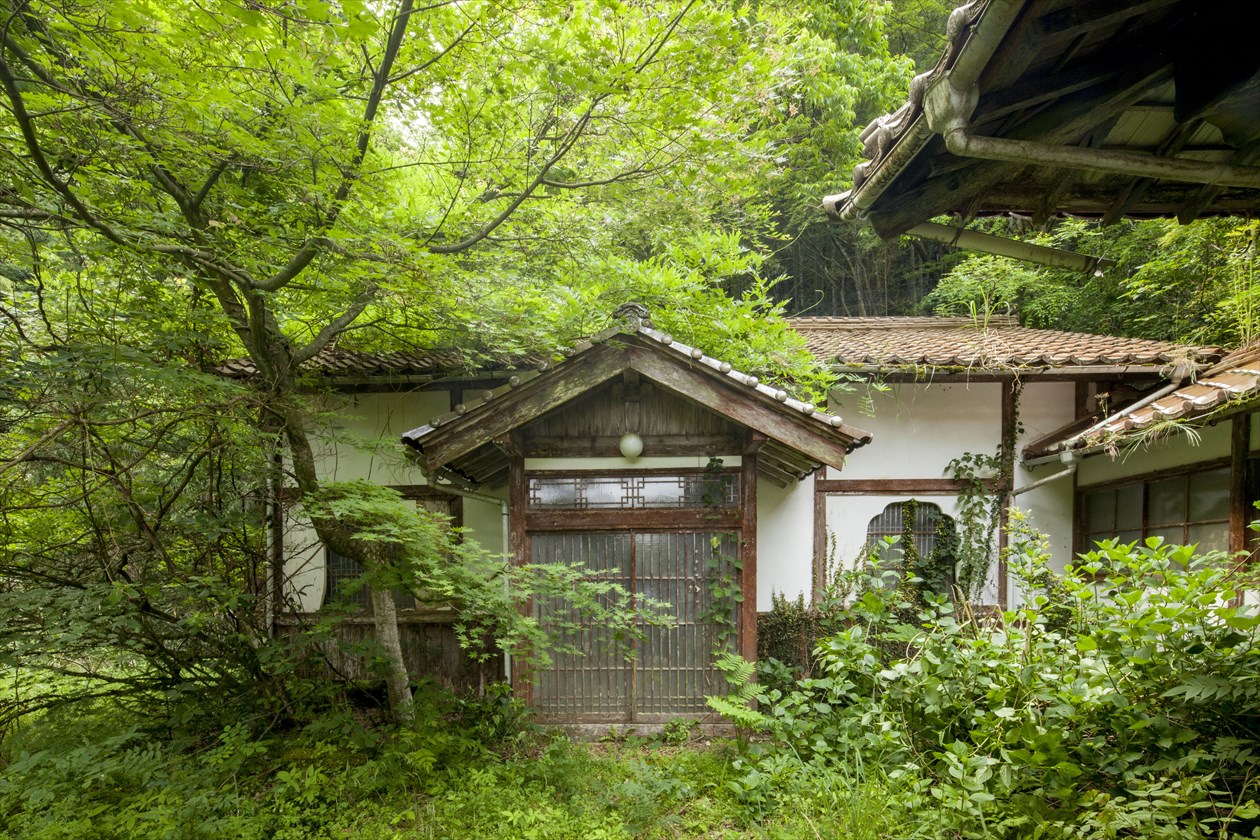This section features high-grade buildings among vacant traditional houses that can be renovated and reused as buildings.
Houses
Buildings for residential purposes.
Storehouses
Buildings attached to houses, used as warehouses or storage.
Shrines and Temples
Religious facilities that also function as public spaces, serving as community centers.
Houses
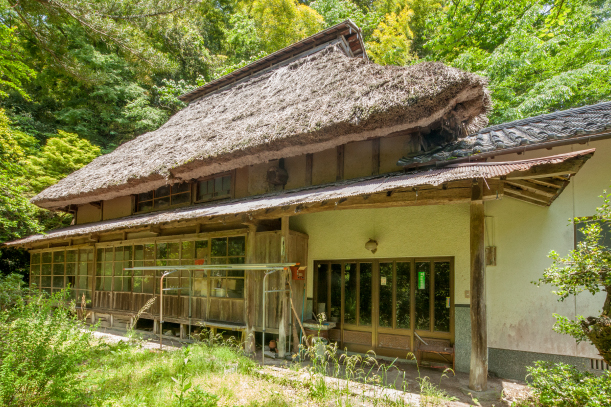
These are buildings meant for residential use. There are various types depending on livelihoods, broadly categorized into farmhouses and merchant houses in Shimane. In addition to living spaces, they may have areas designated for farming or business activities. Large-scale farmhouses or merchant houses from the past were akin to modern enterprises, with integrated spaces such as offices, work areas, storehouses, and servants' quarters.
Houses have been shaped over a long period, deeply rooted in their local environments and reflecting the region's climate and occupations. They can be considered a mirror of the people's way of life.
Storehouses
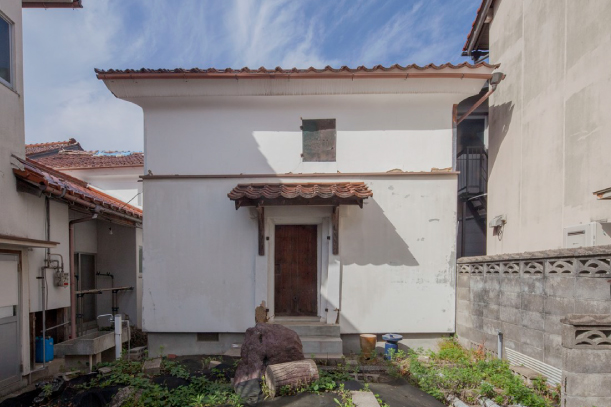
These are buildings constructed as warehouses or storage facilities attached to houses. Their structures are made of wood, with outer walls coated in earth and plaster. The plastering work, called "sakan," requires high skill levels. In western Shimane, the plastering technique is famous throughout Japan and is known as "Iwami Sakan," with plaster decorations found nationwide (including in the House of parliament and the Supreme Court).
Most storehouses remaining in Shimane have been finished by Iwami Sakan and feature intricate designs. Additionally, due to their thick walls and high insulation properties, storehouses can be repurposed as modern homes or offices that require high environmental performance.
Shrines and Temples
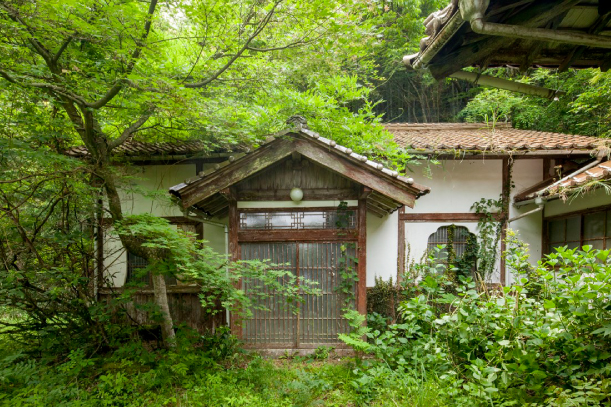
Before modernization, shrines and temples in Japan functioned not only as religious facilities but also as community spaces where various gatherings and events took place. They are still maintained by local community organizations, including neighborhood associations. However, with the declining and aging population, managing these facilities has become increasingly difficult, leading to many being neglected. We aim to rescue these shrines and temples before they fall into disrepair.

